Christine Gruwez knows the Persian region from many travels and studies. A conversation about the history and perspective in Afghanistan. Questions by Wolfgang Held.
Christine Gruwez I want to say upfront that I have not visited Afghanistan, but all the neighboring countries – not only Iran, which I have visited many times, but also Turkmenistan, Tajikistan, and Pakistan. As a result, I am quite familiar with the Persian landscape and culture. Up until the 18th century, these areas all belonged to the Persian Empire and shared a Persian culture. This is especially true for Afghanistan and Iran, which formed a cultural unity until the second half of the 17th century. But all these countries have common roots, like the fire temples of Zoroaster and Zarathustra.
What is typical of these mountainous landscapes of the Hindu Kush?
The Light! It is a strong characteristic, as it works throughout the day. This cannot be captured in any photo. When the sun is high, the light is razor-sharp, and in the evening it becomes infinitely soft and gentle. You can see shades of violet! Rivers of a turquoise blue meander through the deep valleys.
Not surprisingly, the religion of light was there.
Of course. The second-largest ethnic group, the Tajiks in the North, are the descendants of the Manichean Sogdians, the Manichean kingdom of the Sogdiana with its bishop seats in Samara and Bukhara, which are now in Uzbekistan. Not far from the now much-discussed Afghan Mazar-e-Sharif in Balch, Jalāl ad-Dīn Muhammad Rūmī, the most important Persian poet of the Middle Ages, was born. Sufism, the mystical form of Islam, had an enormous center in Northern Afghanistan. Avicenna, or Ibn Sina in Arabic, the Persian doctor and great Aristotle commentator, also came from Bukhara.
We underestimate this spiritual flowering while also overestimating the terrorist threat from Afghanistan. In the attack of September 11, there was not a single Afghan terrorist, and even today there are hardly any terrorists from Afghanistan who are internationally known.
That is correct. Because the Taliban are not terrorists in the true sense of the word. If you look at the history of the Taliban guerrillas, you can see that they have always resisted occupiers. A characteristic of Islamism and terrorism is that it operates internationally and is internationally networked. The Taliban’s ambition is limited to its own country and aims to liberate it from occupation, be it British, Russian, or American.

Peter Scholl-Latour, the South Asia expert, emphasized that it was intolerable for Muslim believers to know that there are armed ‹infidels› in their own country.
It is intolerable that a power from the West with such a completely different view of society comes into the country and thinks that now everyone should adopt their world and social image. Afghanistan is a tragic example of this arrogance, but it is not the only example. Part of the intolerability is that the Taliban itself is not recognized, even though there have been moments in the last 20 years when a door has opened for it. The Taliban also asked for recognition from the United Nations. Today there is much talk of the Panjshir Mountains and the fighting that is a threat there. Ahmed Massoud, the mujahideen fighter and resistance leader against the former Taliban, was declared an Afghan national hero. He, too, sought recognition from the United Nations. This was rejected. Two days before the September 11 attack, he was killed by al-Qaeda terrorists. Two men had pretended to be Belgian journalists. They did not want this reconciliation with the West to take place. Just as we consider September 11 a landmark event, September 9 is seen with the same importance in Afghanistan. In fact, Massoud would have been able to reconcile the North with the South, and the Tajik with the Pashtun population of the country.
After him, when U.S. troops entered the country, the Taliban religious leader turned to the United Nations asking if the Taliban could be recognized by the UN as part of a government. There were moments when something could have been done for the unity of Afghanistan and its integration into the international community.
It is the light! It is a strong characteristic, as it works throughout the day. This cannot be captured in any photo. When the sun is high, the light is razor-sharp, and in the evening it becomes infinitely soft and gentle.
So there is a moderate arm in the Taliban and one capable of cruel attacks?
The Taliban formed from the liberation fighters, the mujahideen, who were fighting against the Russian occupation. After the withdrawal of the Russians in 1988, the first emirate in Afghanistan was created, which lasted until 2001. During this time, the Taliban and the Mujahideen ruled. There were also some reforms during this time. However, the South and the North then split and terrible acts of violence occurred in some places, but the primary motif remained to expel any form of foreign occupying power from the country. What I find tragic is that from 2000 to perhaps 2002, the Afghan government, under its then leader Mullah Omar, issued a fatwā on the cultivation and trafficking of drugs. Shortly after the invasion of the US troops, this ban ended. Cooperation with warlords and the desire to export the drugs to Russia caused the cultivation to skyrocket again. Now, Afghan poppy cultivation supplies over 80 percent of the global market.
Francis Fukuyama’s idea of the ‹End of History› – that it all boils down to the realization of the European model of society – has proven to be a great illusion.
It is astonishing that Afghan society tried to give itself a constitution at least three times in the 20th century. This happened quite parallel to what happened in Iran. It is also poorly known that there is a constitution in Iran that enables democracy. That happened in 1906, and both British and Russian politicians tried to prevent a vote on this constitution. Nevertheless, this constitution still has an effect today and in Afghanistan, the conditions are very similar. Until 1996, Afghanistan still had a king installed by the British. As in Iran, there are elections every four years.
Many are not permitted as candidates.
Yes, democracy is restricted, but formally it is a democracy, even with two chambers, with a certain percentage of the clergy appointed to both chambers. We must not forget that in Europe we have a democracy that also has its weaknesses and limitations.
So is there an Afghan democratic culture?
Yes, ‹democratic› in the old sense, especially at the tribal level, when tribal elders come together and vote on local political issues. But what does ‹democratic› actually mean? The design alone is not enough. In any case, it is a question of whether the population can have a say in any way, and that depends eminently on education in the country. Here it was an illusion of the West to push our social and political ideas into a country with such a distinct history and culture. This may succeed externally, but internally the necessary developments have not yet happened.
What role does the high illiteracy rate in Afghanistan play, 80 percent for women and 50 percent for men?
Yes, it is important to mention that this also applies to men. In it, I see that a lot of the old Indian caste system still has an effect. Through Islam, this old hierarchical thinking has been pushed back, because in Islam every human being is equal, and yet it still has an effect. This shows me how powerful this caste system once was and in part still is. Added to this is the enormous gap between urban and rural areas. The educated live in the cities. Herat is a city with a university rich in tradition, with libraries and a lot of education. Kabul, on the other hand, is less culturally educated, here the imitation of the West is stronger. When you come to the countryside, life becomes more simple and you have to work hard to feed a family. It is difficult for these people to participate in the social awakening.

In Iran, but also in Afghanistan, the birth rate has halved in the last 40 years. This is a sign of the fact that women’s education is increasing. Are they the key to the future?
Yes, women are emancipating themselves. This happens in two ways: imitating the West on social media and in consumption. The other way is called school and university! It is very fortunate in Iran that every person can study what he or she wants and for as long as he or she wants. It is financed by the state. Most women in Afghanistan or Iran then study medicine or law. A lot depends on them in the next few years, as well as on the men who want to educate themselves but cannot afford it because they belong to the lower class.
How can the West support the development in Afghanistan?
The West cannot support anything. There is nothing for the West to do. I still haven’t understood the purpose of the commitment over the last 20 years. What were we doing there? This culture has its own steps to take, in its way, in its pace. Maybe it will take another century before they are where we think we are now – but it will have to be done in their own way. After all, democracy is built on the dignity and equality of people. If someone comes along who thinks he knows how you should become, then it contradicts this deeply democratic idea. Let’s look at countries that also had to do with the Western occupation, such as Algeria or Egypt. What do the first people in the population to benefit from the blessings of education do? They turn against the occupation! This Attack by the West has prepared the foundation for Islamism, for example with the Muslim Brotherhood in Egypt. They studied and then asked themselves: «What is the West doing here?» They were persecuted and imprisoned by the occupiers. In Algeria, it was Abd el-Kader who wrote letters from French captivity, which then formed the basis for terrorist movements.
The West’s impulse to help has not yet freed itself – even if unconsciously – from the colonial way of thinking.
Is terrorism an echo of the colonial era?
That’s not easy to say. In any case, the West’s impulse to help – even if unconscious – has not yet freed itself from the colonial way of thinking. It is also a Christian idea that we want to share the prosperity and freedom we have achieved under capitalism. But don’t impose! It is also Christian to think that fellow human beings carry within themselves the dignity from which they can decide for themselves.
Helmut Schmidt said in an interview that it is not concealed from any Muslim that we look down on the religion of Islam with our Christian background in terms of individualization and enlightenment.
Yes, everyone feels it – even those who live here among us.
How do we overcome this arrogance?
Rudolf Steiner and many other spiritual teachers emphasize that humility is the gateway to the spirit. So it is arrogance that closes this path. This applies equally to the humiliated as well as to all those who are trapped in this arrogance – it closes down. One thinks that one is a few steps further along and does not notice how he or she has said goodbye to humanity because of arrogance. I have made so many trips to the Persian region and the Middle East, for example to Lebanon or Syria, with groups from Germany, Switzerland, and the Netherlands. Then for the first time, you see people kneeling down on the side of the road and praying and saying or thinking: «What are they doing on the ground?» In a mosque, someone was irritated that all the clocks were standing still and seemed to be broken. He did not know that the clocks indicate the prayer time and are adjusted in each case. One is amazed to find that there is a vacuum cleaner in an Iranian household. Or if you are a guest: «You have a real kitchen here!» It sounds quite innocent and yet it is a shadow cast by our arrogance.
To come together as humanity, we have to take on this arrogance – right? How did you transform it?
I don’t know if I succeeded. I still catch myself often. For example, when I want a certain book in a library and I am faced with a person from sub-Saharan Africa. I think that he certainly won’t find it. I struggle with this, every day.
Mahmud Erol Kiliç, professor of Sufism in Konja, Turkey, emphasized at an event at the Goetheanum that as a Muslim you live with the difficulty of not finding Christianity in Europe. They want to build bridges and do not find a religious counterpart, but materialism and consumerism.
For decades, I have wondered how we find each other – not only between Christianity and Islam, but this is where the question burns the most. I feel the longing in the other religions for the Christian spirit. I was once in Chartres with a highly educated Pakistani woman. I had prepared myself well to show and explain everything to her. So we walked through the cathedral. Then she asked me, «Where can you pray here?» She was the director of the Art Academy in Lahore. She sat down and started to pray. For them, Chartres is a place of worship, and it’s where you pray. – Translation: Monika Werner

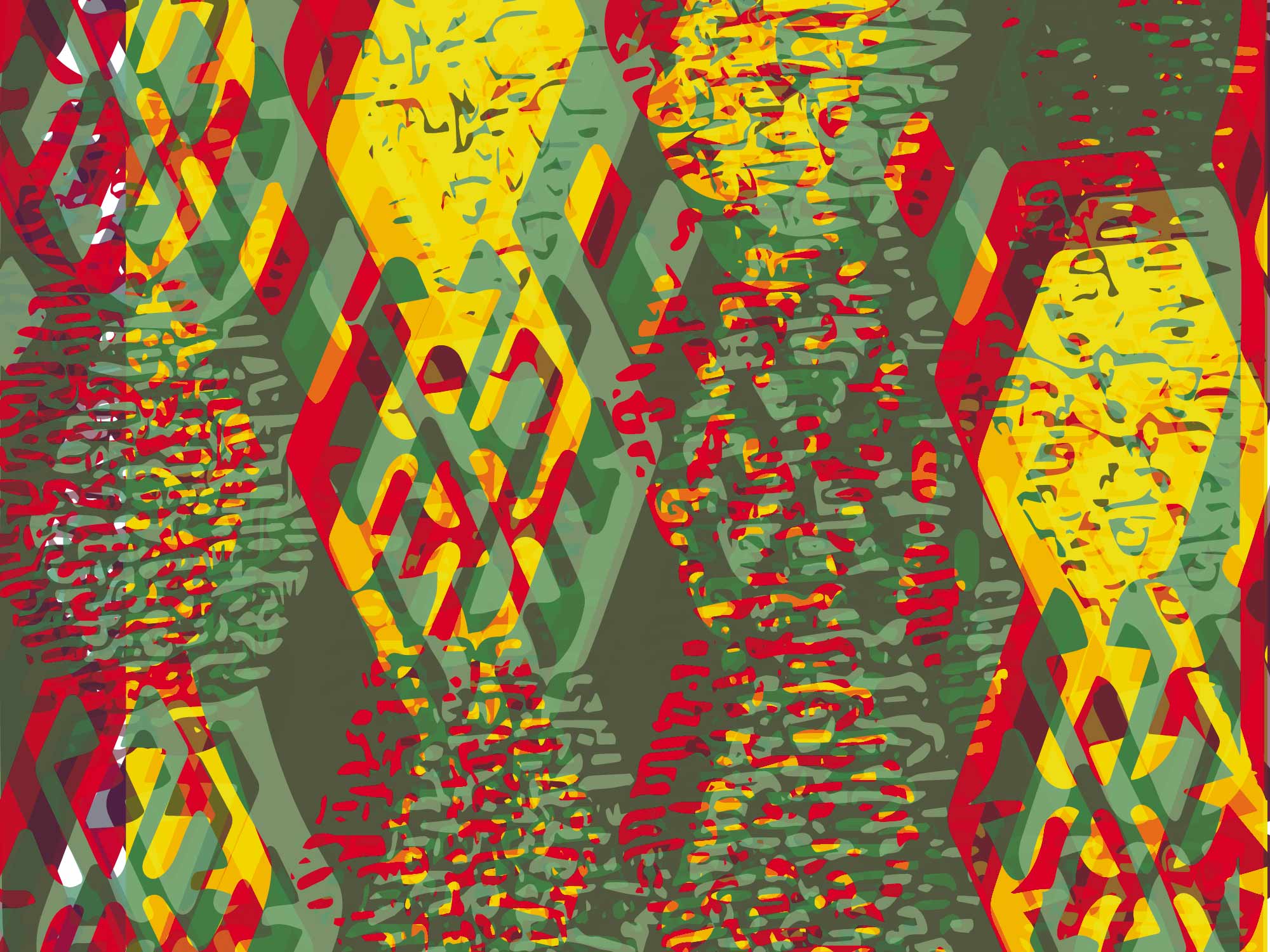

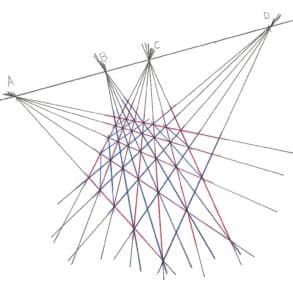
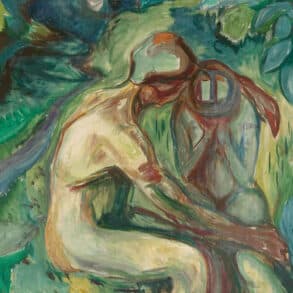
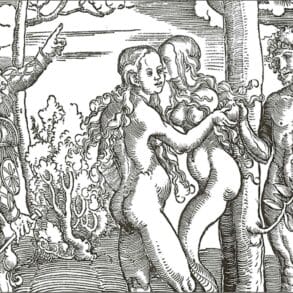
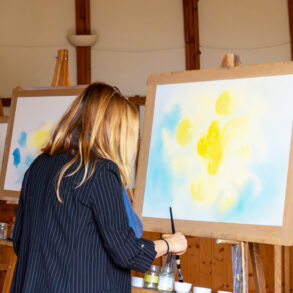
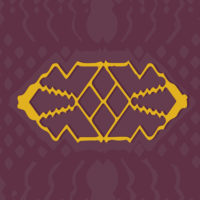


Thank you for this thoughtful article about Afghanistan and Islam. As a Dancer of Universal Peace, I have come to understand the deep love that comes for all people through Sufi practices. I am particularly struck by the notion of Christian arrogance so well-described in this article. We who are raised in Christianity assume we know how to ‘fix’ something. I am learning to allow the solution to come from within each person, community, country. This is homeopathy – a resonation of the soul with the plants, animals and elements of Earth and beyond. An individual soul finding what will support deepest healing.
Wow what an eye opener for a blind westerner who has to many of the identified prejudices and discovered that he needs to immerse himself in Islamic history and Persian culture from their (Persian) perspective. No wonder that both superpowers lost their desire to fight against a spiritual opponent who’s commitment to their belief’s are much greater than anything the western world has seen since the Crusades. Many thanks for this eyeopener!